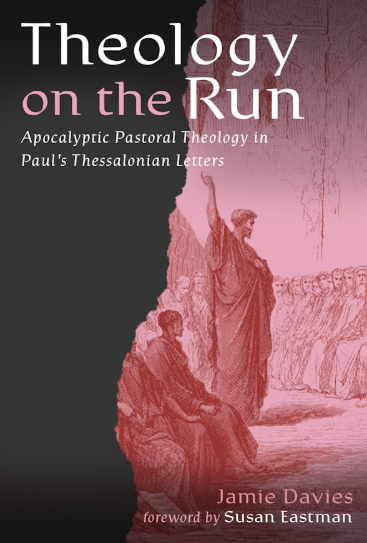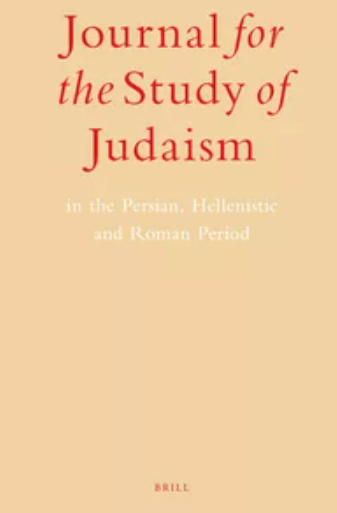[ 신간소개 ] 2025. 8. 30.
요한계시록은 순화해서 말해도 이상한 책이다. 정보에 입각한 독해는 요한의 목회적 의도가 유혹적인 우상숭배와 극심한 억압에 직면하여 그리스도를 따르는 이들이 살아가야 할 삶, 그리고 하나님과 예수에 관한 신약성서의 전형적인 가르침과 매우 일치한다는 것을 드러낸다. 이처럼 단순한 메시지를 담고 있으면서, 요한은 왜 독자의 시야를 흐리게만 하는 듯한 혼란스러운 이미지들로 그것을 뒤덮었는가?
'Truth's Consuming Ecstasy'에서 션 맥도너는 요한을 철학, 문학, 신학의 거장들을 아우르는 광범위한 사상가들과의 대화 속에 위치시킴으로써 요한계시록의 기이함을 설명한다. 플라톤과의 비교는 우주에 대한 요한의 거대한 비전이 철학적으로 방어 가능한 접근법임을 드러낸다. 그러나 이 포괄적인 관점이 과연 요한계시록을 억압의 도구인 '전체화하는' 문서로 만드는가? 이에 대해 맥도너는 루트비히 비트겐슈타인에게로 눈을 돌리는데, 그의 도움을 통해 우리는 요한계시록이 드러내는 것만큼이나 많은 것을 감춘다는 점을 인식하게 되고, 그럼으로써 전체화라는 비판을 피하게 된다. 맥도너는 W. B. 예이츠를 묵시록적 방식으로 기능하는 시인으로 제시한다. 다만 그의 독특한 묵시록은 낭만주의 선배들의 유산을 따라 영지주의적 방향으로 선회한다. 반면, J. R. R. 톨킨은 독자를 가톨릭 교리에 뿌리를 둔 묵시록적 여정으로 이끌지만, 그는 비트겐슈타인적인 유보적 태도로 자신의 과제에 접근하며 설교 없이 이야기가 메시지를 전달하게 한다. 마지막 부분은 그들의 작업이 묵시록적으로 특징지어져 온 두 신학자, 즉 러시아 정교회의 세르기우스 불가코프와 가톨릭의 한스 우르스 폰 발타자르를 다룬다. 요한계시록은 그들이 신학의 장대한 주제들을 탐구할 수 있는 상상적 공간을 열어준다.
요한계시록의 상상적이고 환상적인 담론은 우리에게 실재의 깊이에 닿으려는 시도는 허락하지만, 그것을 완전히 움켜쥐는 것은 허락하지 않는다. 철학적, 문학적, 신학적 혼합체인 요한의 신비롭고 난해한 관점을 통해, 우리는 세상을 향한 하나님의 목적에 대해 배우게 되지만, 이는 우리의 교만을 억제하려는 의도를 지닌 어떤 수수께끼 같은 방식으로 이루어진다.
The book of Revelation is strange, to put it mildly. An informed reading reveals John’s pastoral intent is very much in keeping with typical New Testament instruction regarding God, Jesus, and the life that Christ followers are meant to live in the face of seductive idolatry and intense oppression. With a message so simple, why would John cloud it over with a perplexing cluster of images that only seems to obscure the reader’s vision?
In Truth’s Consuming Ecstasy, Sean McDonough accounts for the strangeness of the book of Revelation by placing John in dialogue with a wide-ranging group of thinkers--giants of philosophy, literature, and theology. Comparisons with Plato reveal John’s sweeping vision of the cosmos as a philosophically defensible approach. But does this overarching view render the Apocalypse a "totalizing" document--a tool of oppression? In response McDonough turns to Ludwig Wittgenstein, with whose assistance we recognize that Revelation conceals as much as it reveals, and so avoids the totalizing charge. McDonough presents W. B. Yeats as a poet who functions in the apocalyptic mode--though his particular brand of apocalyptic swerves in a gnostic direction, in keeping with the heritage of his Romantic forebears. J. R. R. Tolkien, by contrast, takes the reader on an apocalyptic journey rooted in Catholic doctrine, but he approaches his task with a Wittgensteinian reserve and lets the story carry the message without sermonizing. The final section engages two theologians whose work has been characterized as apocalyptic: the Russian Orthodox Sergius Bulgakov and the Catholic Hans Urs von Balthasar. Revelation opens up the imaginative space in which they pursue the grand themes of theology.
The imaginative, visionary discourse of Revelation offers us the reach, but not the grasp, of the depths of reality. From John’s mystical and mystifying perspective--a philosophical, literary, and theological hybrid--we learn about the purposes of God for the world, but in a certain puzzling way that is meant to check our hubris.
[ Contents ]
Introduction: Adventuring Where Marvels Chance
Part 1 What Lies Open to View
1 Saved Myth: Plato
2 A Certain Sort of Silence: Therapy with Wittgenstein
Part 2 Faery and Its Perils
3 A Curious and Broken Beauty: W. B. Yeats and Apocalyptic
4 A Tower That Looks to the Sea: Tolkien’s Vision
Part 3 Refracted Light
5 News from Afar: Bulgakov
6 Out of the Silent Horizon: BalthasarConclusion: Truth’s Consuming Ecstasy







